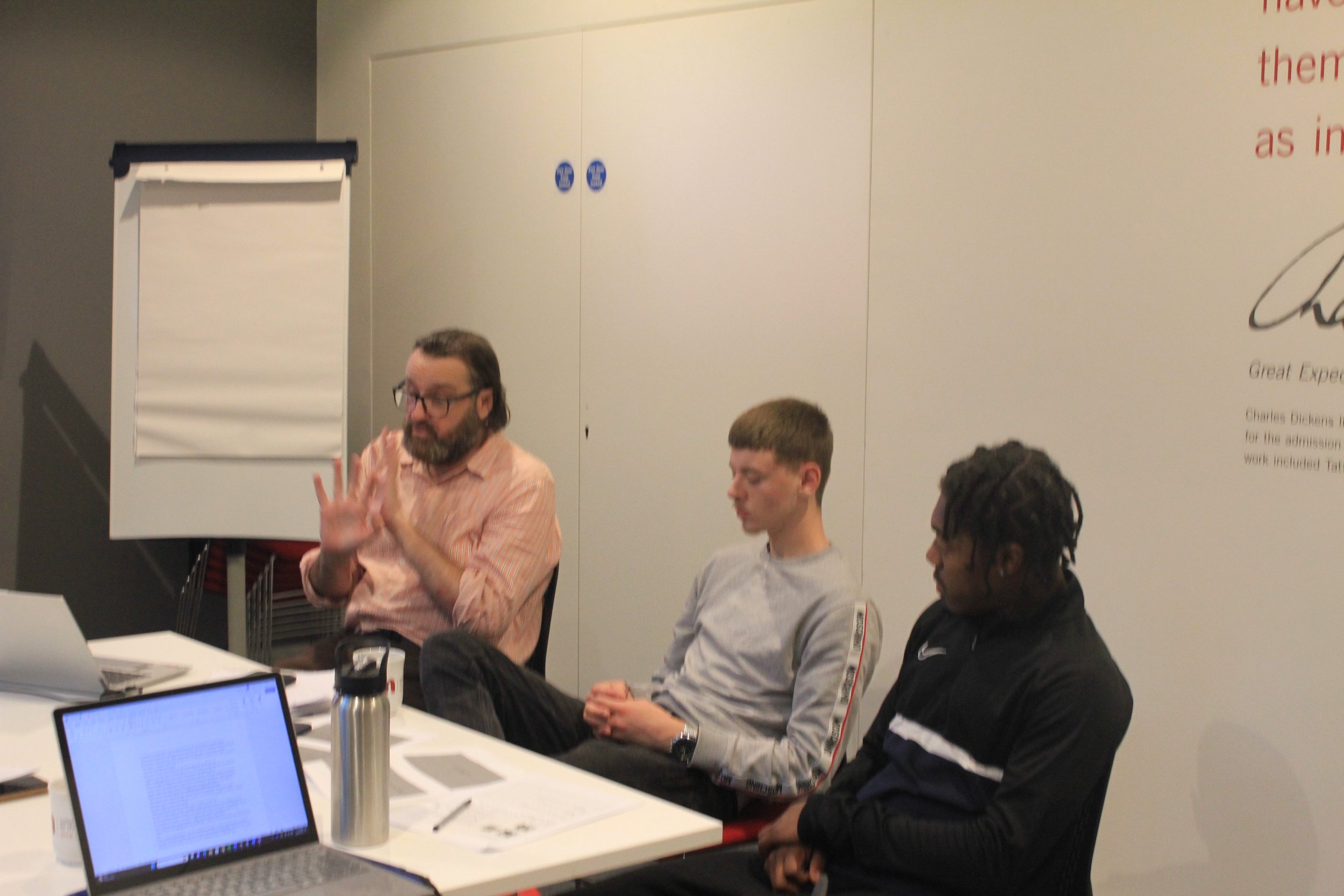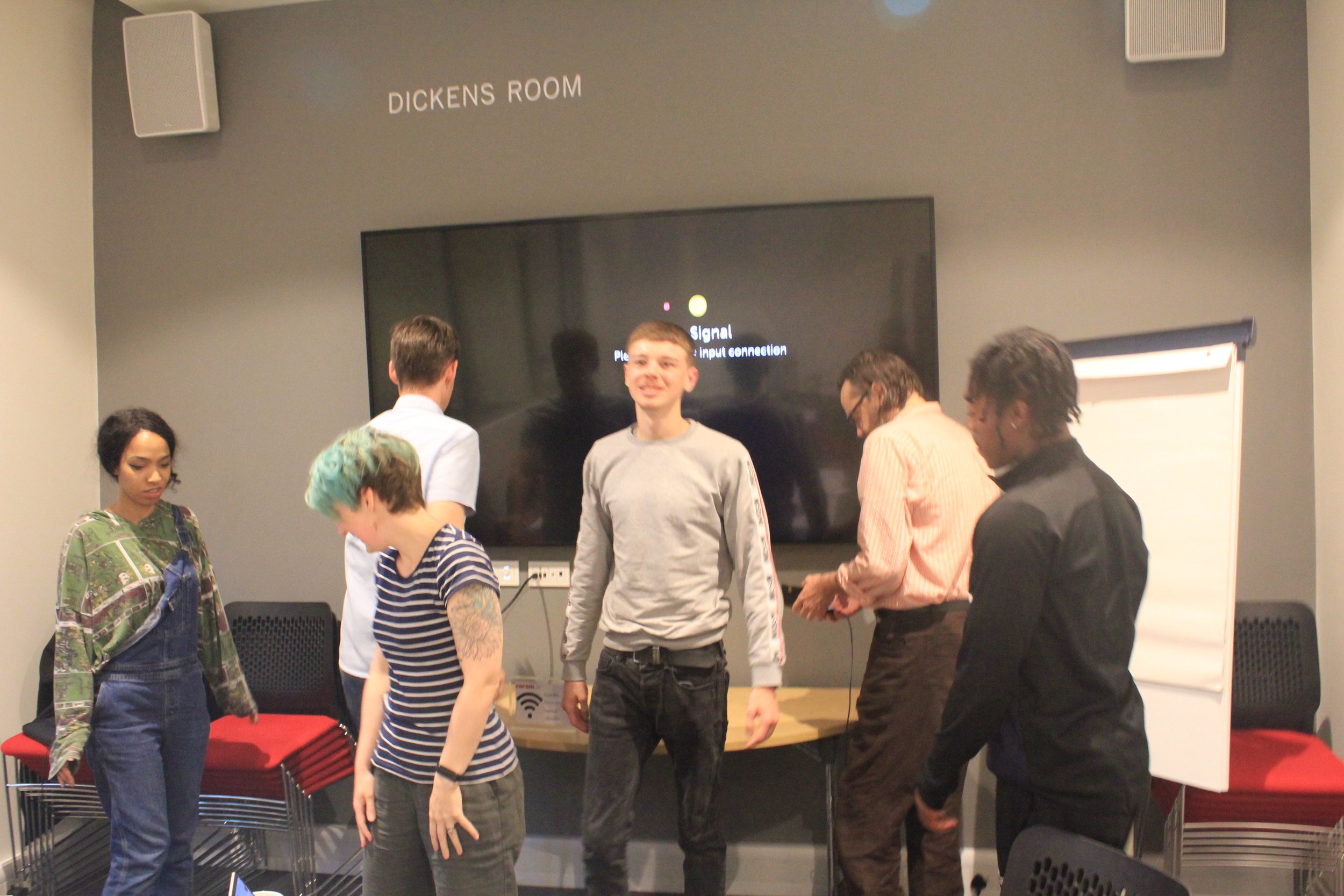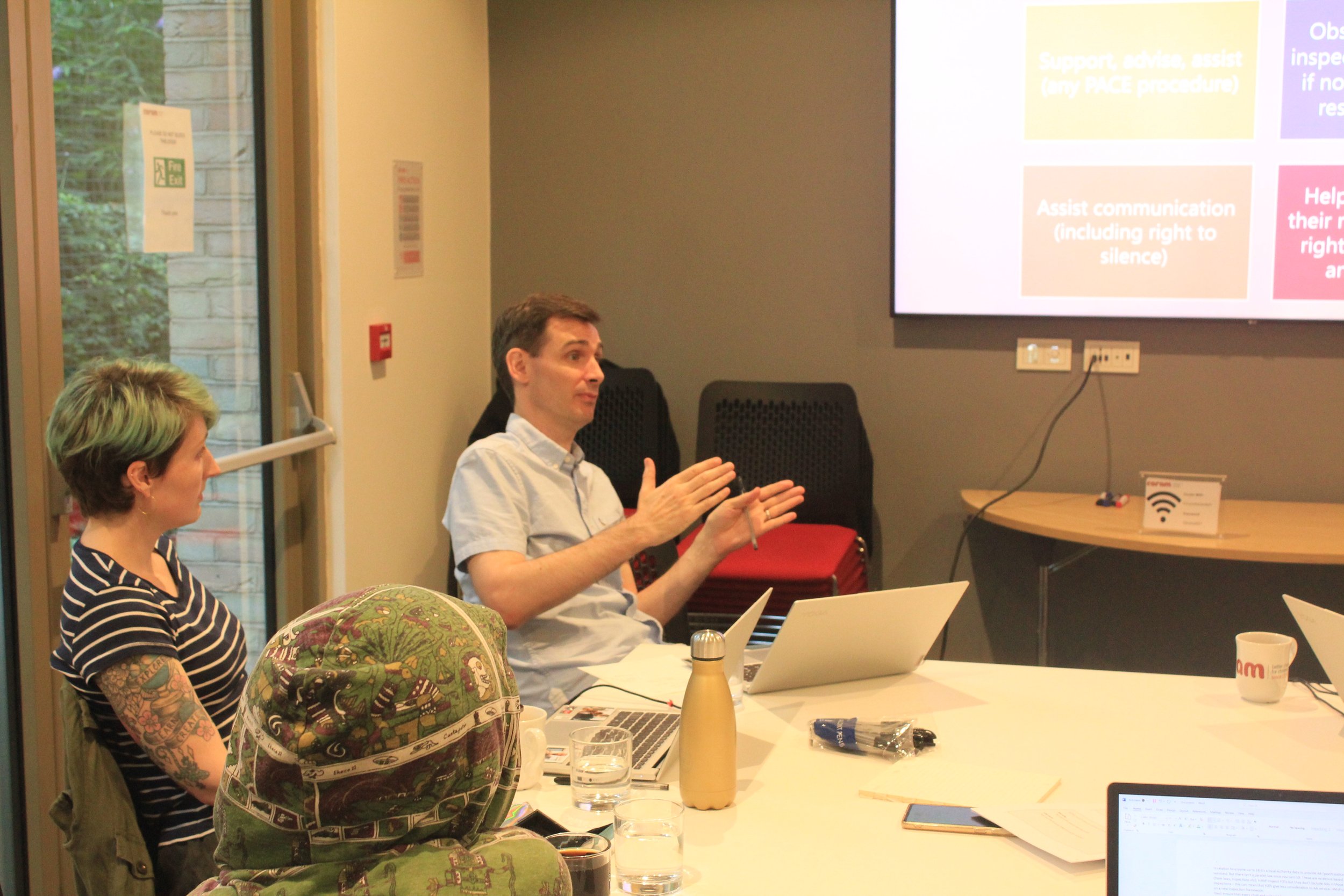Young Advocates advise on National Appropriate Adult Network training
In August, two of the Young Advocates attended a session led by AYJ member the National Appropriate Adult Network (NAAN) to learn about appropriate adults, the training that NAAN provides to its members, and to share their experiences of police custody. The information the Young Advocates shared has been used to make sure NAAN’s training is most beneficial to adults supporting children in police custody.
What is an appropriate adult?
Appropriate adults safeguard the interests of children and vulnerable adults who are suspected of a criminal or terrorism offence. An appropriate adult must be present for lots of processes in police custody, including when the police explain the child’s rights and entitlements, take fingerprints and samples, conduct interviews, and apply out of court resolutions such as youth cautions and conditional cautions. They must also be present when children attend an interview voluntarily as a suspect, or when police conduct a strip search that exposes a child’s intimate body parts.
Appropriate adults make sure that children and vulnerable adults:
understand and can use their rights and entitlements
have their rights and welfare protected and respected
make informed decisions and can understand and fully participate in processes.
The appropriate adult also has particular rights, including the ability to insist on a solicitor attending even if a child has declined free legal advice, and to intervene in interviews to ensure they are conducted fairly.
Lots of people including family members, social workers, or even friends, could act as a child’s appropriate adult. You don’t have to be trained. There are a few exclusions: for example, you must be over 18, you can’t be a parent who is estranged from the child who the child does not want present, you can’t be a potential suspect, victim, or witness in the case, and you must be completely independent of the police. While most appropriate adults are parents or carers of the child being detained, by law every local area must be able to provide appropriate adults when this is not possible. For this purpose, there are organised schemes across the country of trained appropriate adults, some who are paid and some who are volunteers.
What are NAAN’s aims?
NAAN is a charity and membership organisation. Members can be organisations that provide appropriate adult services, or organisations and individuals with an interest – such as those in policing or law. NAAN provides standards, training, development, advice, updates and support to its members, along with representing the sector nationally – all with the goal of ensuring that there is always an effective appropriate adult present to make sure that the rights of every child and vulnerable adult are upheld.
What did the Young Advocates do?
The Young Advocates were given an overview of the current training for appropriate adults that NAAN delivers, which also contained some background information about the history of appropriate adults and why they are important. They learned about the difference between appropriate adults and other professionals who might advocate for children in the same settings - such as lawyers - and about some of the impacts of having a system that allows for both voluntary or paid appropriate adults.
“I found the day to be thought provoking and I now have a better understanding of the appropriate adult’s role. I particularly enjoyed meeting the team and learning from them. I also felt they valued and respected my input about what I believed an appropriate adult should look like.”
The Young Advocates then fed back their experiences of police custody, and about their interactions with police and appropriate adults - including what worked well and what could be improved - and shared how NAAN’s training could be adapted to ensure that appropriate adults are most effectively advocating for children’s rights.
Their feedback included the importance of appropriate adults having confidence and control in the situation, so that pressure is removed from the child to have to make decisions about processes that they may not understand or be able to navigate when feeling anxious or scared. They shared that they appreciated the presence of adults who were able to be self-reflective and challenge their own biases such as racism, and have faith in the children they advocate for. They also emphasised the importance of having an appropriate adult available at all times, and discussed the advantages and disadvantages of having them as an embedded service in police stations. The Young Advocates’ input will be used to ensure that NAAN’s training prepares appropriate adults to provide support that is as useful and compassionate as possible to children and vulnerable adults.
If you’d like to find out more about appropriate adults or the work National Appropriate Adult Network, more information can be found here.








